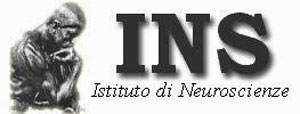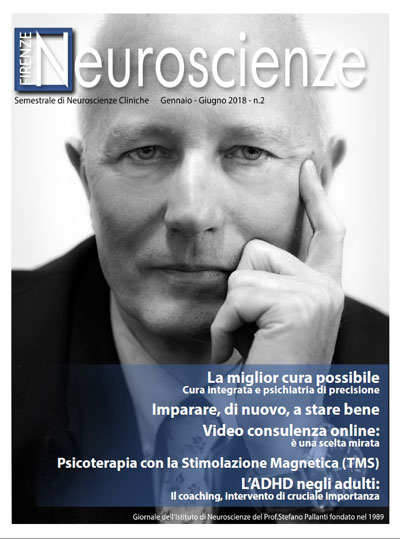Abstract
Object: The aim of this study was to evaluate low-dose ondansetron as an augmentation strategy in patients with obsessive-compulsive disorder (OCD) who do not adequately respond to serotonin reuptake inhibits (SRIs). Methods: Twenty-one OCD patients who had not responded adequately to an SRI received 12 weeks of single-blind ondansetron augmentation initiated at 0.25![]() mg BID for 2 weeks, and titrated to 0.5
mg BID for 2 weeks, and titrated to 0.5![]() mg BID for an additional 10 weeks. Patients were rated every two weeks using the Yale–Brown Obsessive Compulsive Scale (YBOCS) and Clinical Global Impressions Scale (CGI). Treatment response was defined as an additional 25% reduction in YBOCS score from the score at the initiation of ondansetron augmentation, an end of treatment YBOCS score of ≤24 and a CGI-Improvement (CGI-I) score of ≤2. Upon completion of treatment course patients were followed for 4 weeks. Results: At week 12, twelve of the 21 (57%) patients were responders. The average reduction in the YBOCS score for the overall group was 27.2%. Responders had an average 44% YBOCS score reduction and 76.9% CGI-I reduction. After discontinuation of ondansetron the YBOCS worsened an average of 15.5% in the entire sample and 38.3% in the responder subsample. No clinically meaningful side effects were reported. Conclusion: OCD patients who do not adequately respond to an SRI may benefit from augmentation with a low-dose of ondansetron. This may provide an alternative approach to augmentation with atypical antipsychotic agents, with a more favorable safety profile.
mg BID for an additional 10 weeks. Patients were rated every two weeks using the Yale–Brown Obsessive Compulsive Scale (YBOCS) and Clinical Global Impressions Scale (CGI). Treatment response was defined as an additional 25% reduction in YBOCS score from the score at the initiation of ondansetron augmentation, an end of treatment YBOCS score of ≤24 and a CGI-Improvement (CGI-I) score of ≤2. Upon completion of treatment course patients were followed for 4 weeks. Results: At week 12, twelve of the 21 (57%) patients were responders. The average reduction in the YBOCS score for the overall group was 27.2%. Responders had an average 44% YBOCS score reduction and 76.9% CGI-I reduction. After discontinuation of ondansetron the YBOCS worsened an average of 15.5% in the entire sample and 38.3% in the responder subsample. No clinically meaningful side effects were reported. Conclusion: OCD patients who do not adequately respond to an SRI may benefit from augmentation with a low-dose of ondansetron. This may provide an alternative approach to augmentation with atypical antipsychotic agents, with a more favorable safety profile.
Keywords: OCD, Low-dose ondansetron, Augmentation, 5-HT3



